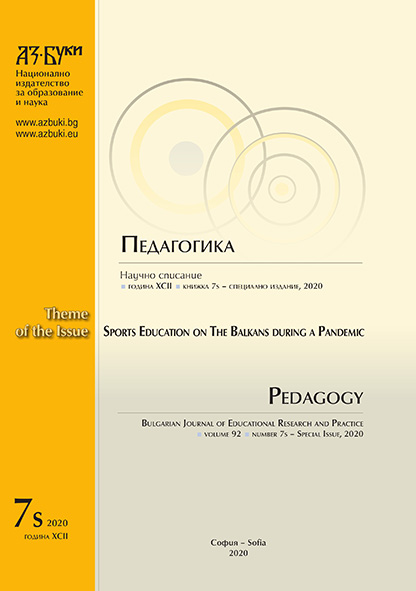The Differences in Students’ Attitudes about Online Teaching during COVID-19 Pandemic
The Differences in Students’ Attitudes about Online Teaching during COVID-19 Pandemic
Author(s): Aleksandra Veljković, Slađana Stanković, Irena Golubović-Ilić, Katarina HerodekSubject(s): Social Sciences, Education, Vocational Education, Adult Education, Higher Education , State/Government and Education, Inclusive Education / Inclusion, Sociology of Education
Published by: Национално издателство за образование и наука „Аз-буки“
Keywords: Google classroom; eLearning; university education
Summary/Abstract: This study aims to examine differences in students' attitudes about online teaching, more precisely on the use of the Google classroom platform during a pandemic and their opinions on the quality of such teaching concerning classic teaching. The questionnaire was conducted to the third-grade university students divided into two groups: preschool teachers (n=65) and primary school teachers (n=64). A student attitude survey contained 15 items on a 7-point Likert-type scale with two open-ended questions regarding their problems and difficulties in online learning during the coronavirus pandemic in the Republic of Serbia and their opinion about advantages and disadvantages of distance over the classic learning. Results revealed that there are statistically significant differences among two groups of students (preschool teachers and primary school teachers), at the level of significance at .005 at the total result at the questionnaire. Students reported that one of the advantages of distance learning was that they had additional knowledge and skills on the use of technology and that they can choose the time and place for solving the tasks of the classes. As the disadvantage of distance learning is that human contact is lost and they do not get feedback instantly, comparing to classical education
Journal: Педагогика
- Issue Year: 92/2020
- Issue No: 7s
- Page Range: 205-210
- Page Count: 6
- Language: English
- Content File-PDF

